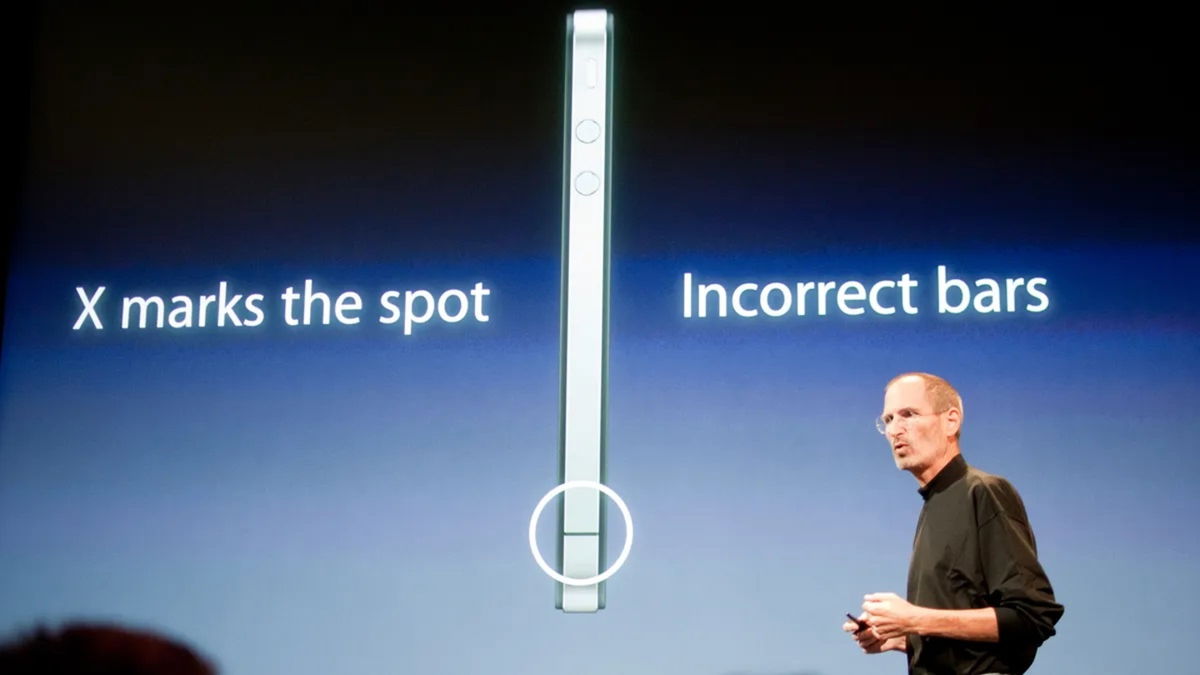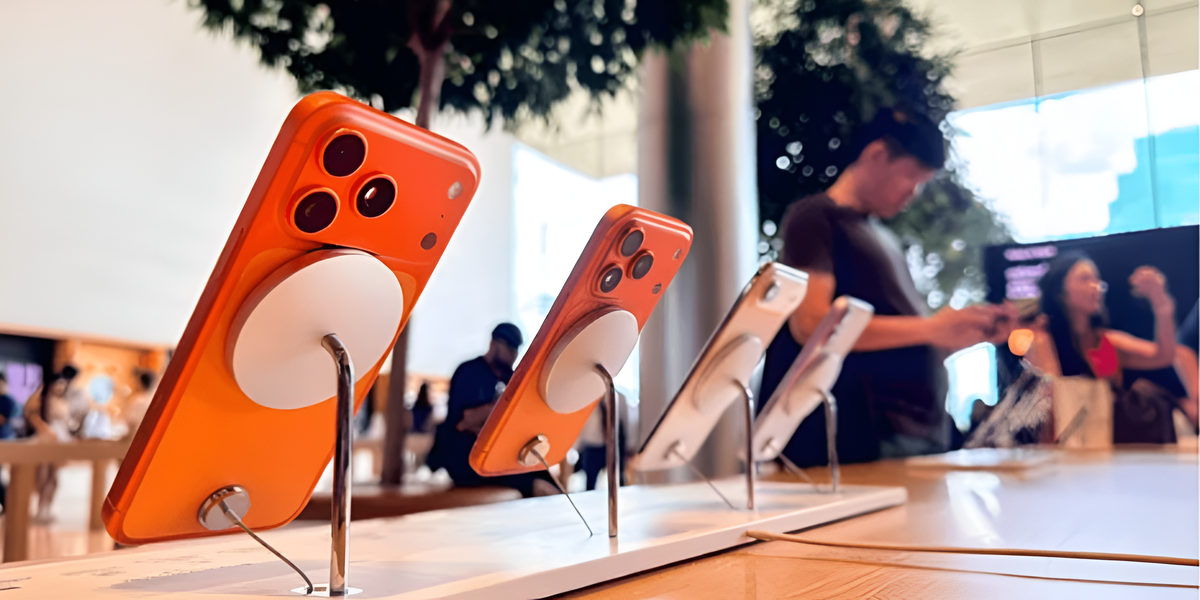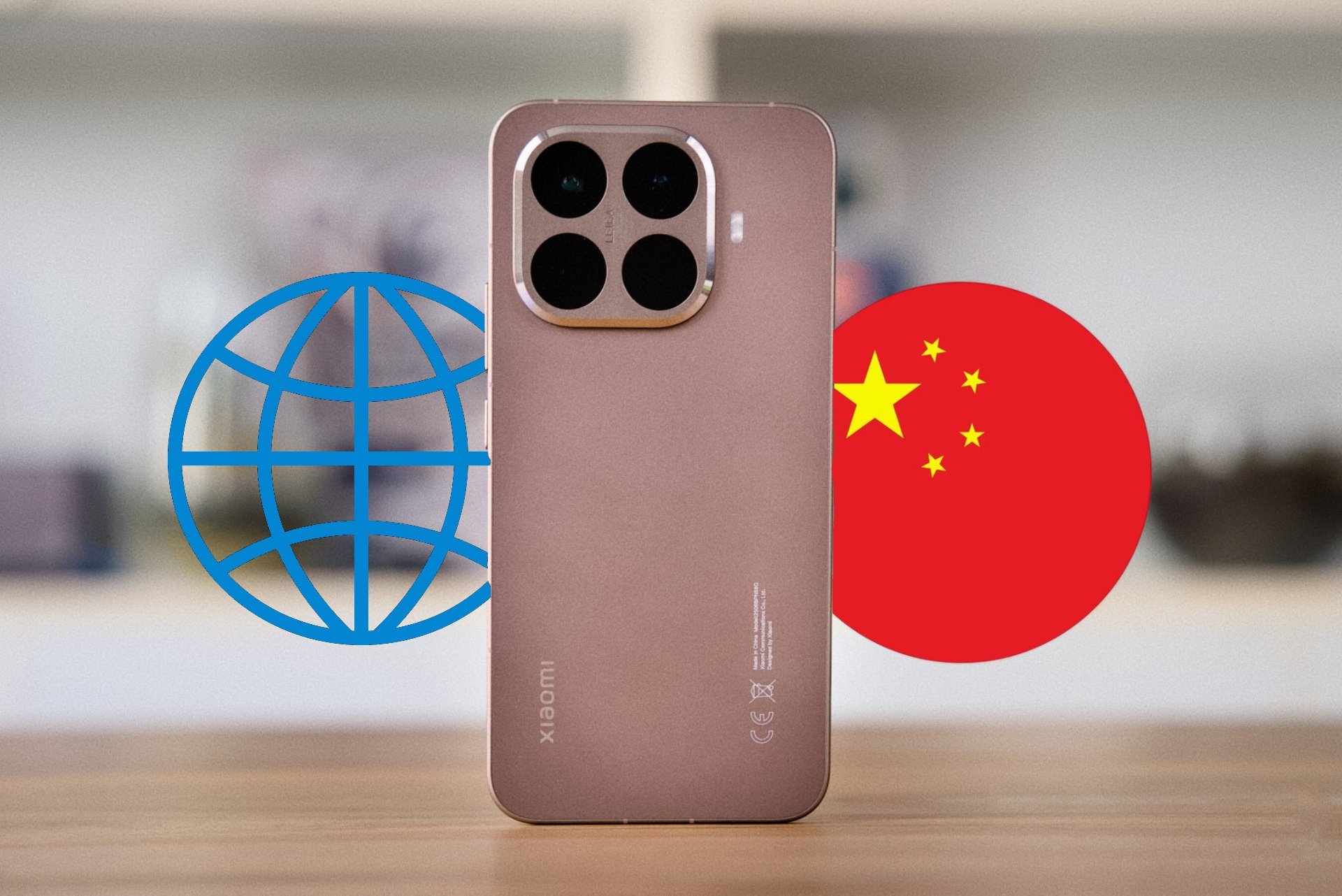Your iPhone designed to make everything work like a Swiss watch. That is, you should spend as little time as possible setting up and changing options. And this affects all levels of the device and its software. The result may not always be the desired one, but in most cases it is usually achieved. However, there are habits inherited from the past and although they try to solve the problem, they actually make the situation worse. An example would be the belief that close apps on iPhone This helps it work faster and consume less battery power.
Logical. And it makes sense. Close tabs causes your web browser to consume less memory. there are many open applications slows down your PC or Mac. But on Android or iOS this is not always the case. The way iOS and the iPhone itself work is different from how a regular computer or Mac works. And although there are those who think that having a lot background applications slow down your iPhone, the answer is that it’s not that easy. And in most cases, closing applications does not help.
Closing apps on iPhone is only intended when “an app is unresponsive or blocked.” But if you’re concerned about background apps, your phone’s performance, or battery life, there are other, more effective solutions. So let’s go piece by piece and let’s put an end to this widespread belief.
How to close apps on iPhone
Start over. Unlike Windows or macOS, apps on iOS They don’t have a close button. And in fact, they cannot be closed. In any case, you can “force close”. A minor detail, but it already gives us a hint why it is not advisable to close applications such as solution for everything.
To close or force close an app on iOS or iPadOS:
- Slide thumbs up from the bottom of the screen to the center.
- You will see open applications as floating windows.
- Slide finger to the side to find the application you want to close.
- The apps are ordered from most recent to least recent use.
- Close the application in question sliding preview up.
On models before iPhone physical home buttonyou will have to press this button twice to view the apps in preview mode and then swipe your finger across the screen to the sides to see which application you are about to close. To close it, as we saw earlier, simply slide the app up.
Why you shouldn’t force close an app
Now that we know how to close apps on iPhone and what the purpose is, let’s see why It is not recommended to force close From applications. Or rather, why closing apps isn’t useful for what you think: Improving device performance or saving battery power are usually the reasons that prompt many to close apps in the background. The reasons are told to us. Apple Community Usera forum open to everyone where we can find solutions to problems related to Mac, iPhone, etc.
User Laurence Finch explains what actually background applications They don’t really work. Are suspended. Therefore, they practically do not consume resources. The user particularly highlights iOS’s RAM usage. Closing applications on the iPhone does not “clean” RAM. The operating system itself allocates RAM to applications. Specifically, it states that “if you have 100 ready-made apps in your preview menu, only 3 or 4 most recent “They consume RAM.”
It’s more. Open the application again It consumes more battery and CPU than “wake” when it is suspended. Since loading a closed application from scratch involves launching various elements that were already downloaded but suspended when we were not using this application. Eventually. Better to leave the task to iOS manage resources and applications. You only worry about enjoying your iPhone.
What’s going on with AirPlay or WhatsApp?
Of course, there are exceptions. Services such as AirPlaycommunications Bluetooth or VoIP calls, although they work in the background while we can use more applications, They consume battery and memory. But when are they used? So there is no point in using them to close them. And when we stop using them, they remain tense until they are needed again.
What happens to apps like WhatsApp, Weather, Mail or Instagram? There are apps that show us updated information when we open them in the foreground. Or that they notify us of a message or email even if we don’t have it. Does this mean that they consumes resources in the background? On a specialized forum Stack exchange They give us the answer. These types of apps make iOS connection requests to their respective servers. But this does not mean that the entire application works. So these queries consume very little battery and processor. And these are not constant requests. They occur every few seconds, minutes, hours, or once a day.

So what should I do if my iPhone is slow?
One of the reasons why some people recommend closing apps on your iPhone is because the phone is slow. On PC or Mac this makes some sense. Fewer programs means more resources available. But iOS doesn’t work that way. If your iPhone is running slow, first solution is to restart it. This way you will clear your memory and everything will return to normal. In this case, the classic “turn off and on” works on both computers and mobile devices.
Update your operating system from iPhone and Apps, deleting apps you don’t use or clearing photos, videos and conversations on WhatsApp or Telegram can also help your phone perform better.
And what to do if the battery does not last long?
Closing apps on your iPhone will not improve battery life. Vice versa. If you are having problems with your phone battery, first check your health status. Is he in good shape or has time taken its toll? Update iOS and apps to improve their performance. And reboot from time to time so that everything goes smoothly if you see that the consumption is excessive.
You can also check where is battery problem I am looking at Settings > Battery. There you will see how long the battery lasted over the last 24 hours and over the last 10 days. This may be due to a specific application. Especially when it comes to video games or applications for watching videos or listening to music. It’s inevitable that consume more battery than the rest.
Source: Hiper Textual
I’m Ben Stock, a highly experienced and passionate journalist with a career in the news industry spanning more than 10 years. I specialize in writing content for websites, including researching and interviewing sources to produce engaging articles. My current role is as an author at Gadget Onus, where I mainly cover the mobile section.














